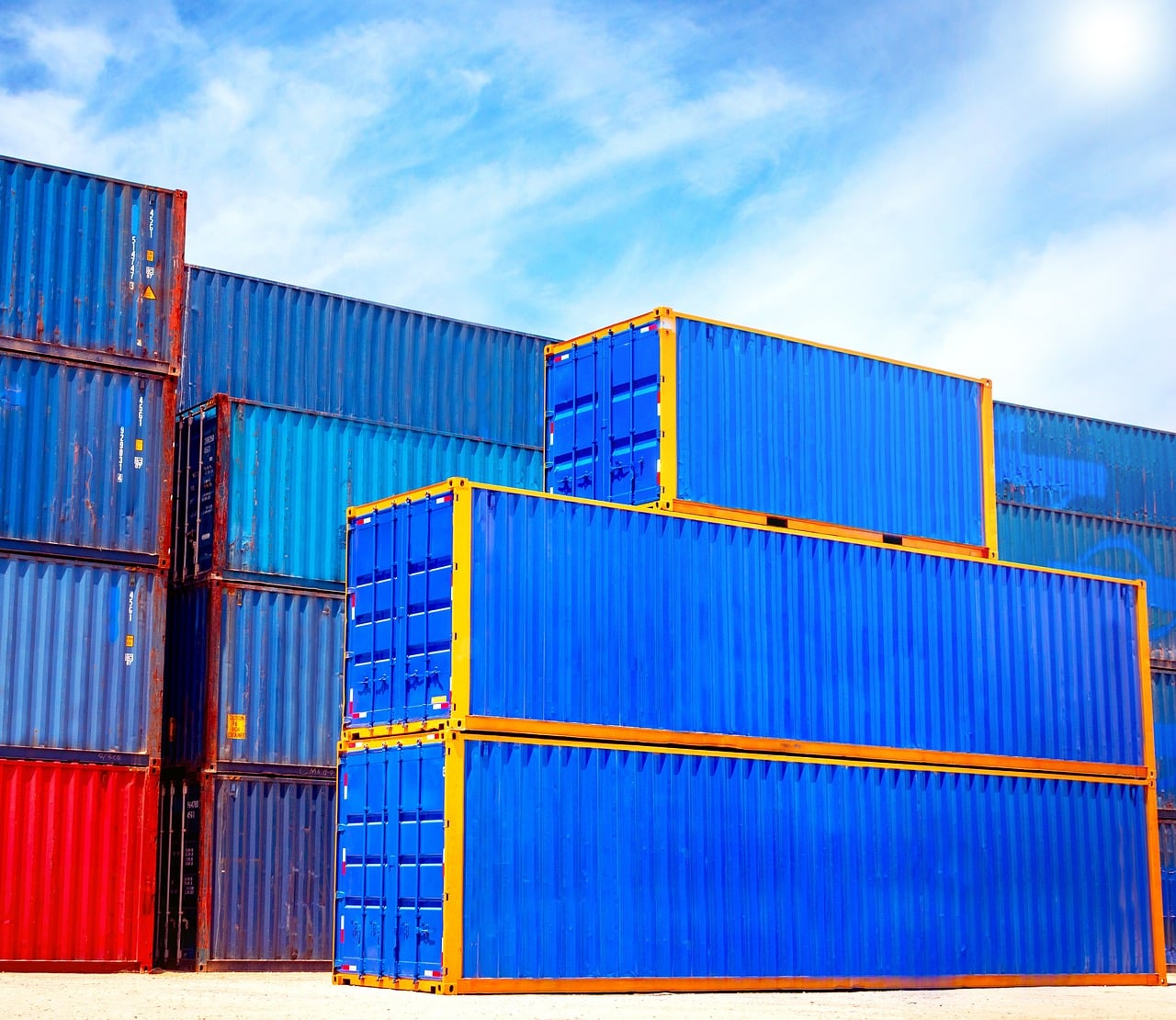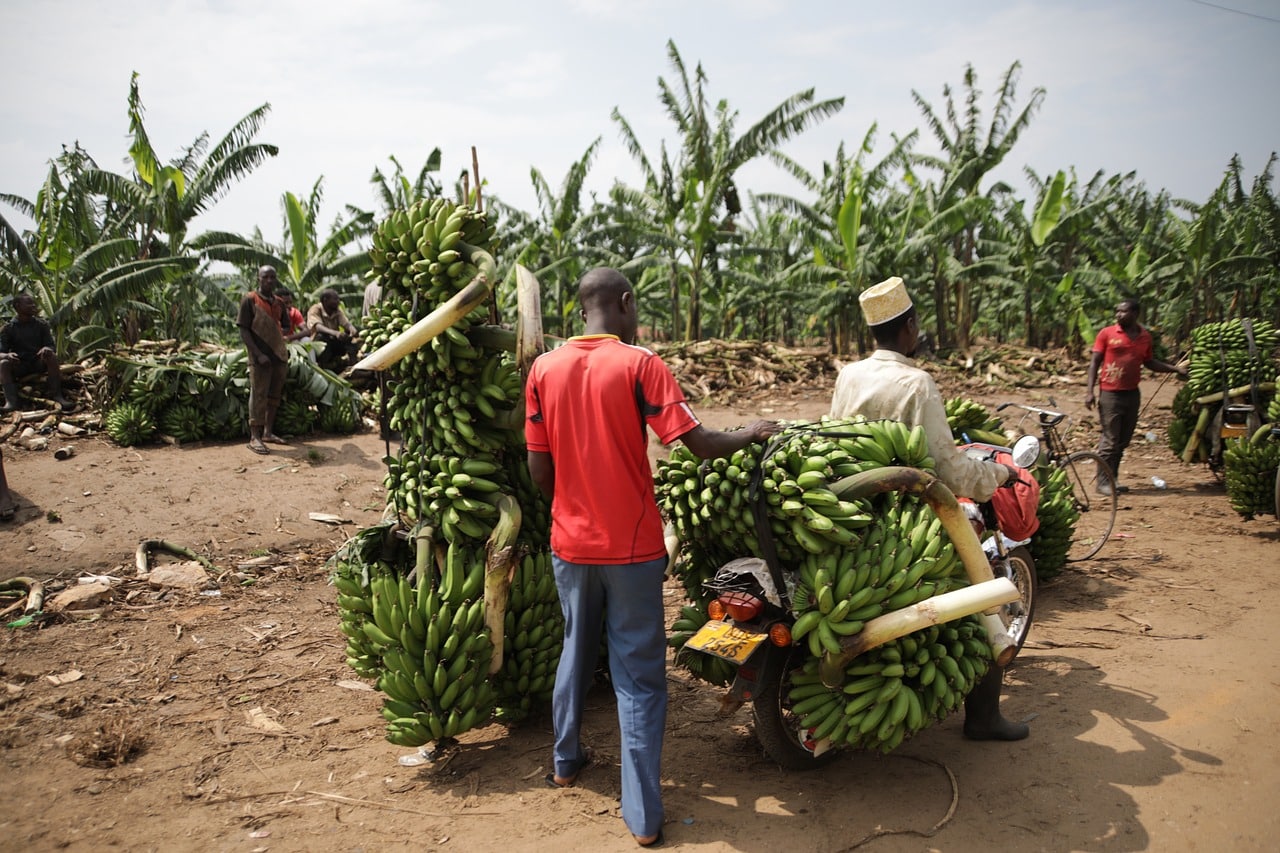
Free trade does not impose barriers to imports.
Free trade is the economic policy that is based on the elimination of barriers to foreign trade . The dictionary of the Royal Spanish Academy ( RAE ) also accepts the term free trade to refer to the same idea.
Foreign trade
Foreign trade is the commercial activity that involves the circulation of products and services through different nations . Another name it receives is international trade . Foreign trade, which is carried out using currencies , is subject to the regulations established by the countries involved in the operations. Knowing the meaning of this concept is important before moving forward, since it is closely linked to free trade.
In the case of free trade, foreign trade aims to reduce or eliminate regulations , considering that they are obstacles that hinder the exchange of goods. In this way, it minimizes State intervention.
Basis of free trade
Free trade is based on the premise that the flow of goods must be self-regulated according to the competitiveness of companies and the advantages of each of the countries. According to this position, economic resources are allocated efficiently and products are appropriately distributed globally.
The doctrine that promotes free trade is known as free trade . On the other hand, the person who defends and promotes free trade is known as a free trader .
Protectionism
Protectionism is a type of economic policy that protects domestic producers from international competition. It is a type of interventionism that regulates the country's foreign trade in favor of the internal trade, opposing free trade and restricting imports. It can be said, therefore, that this concept is contrary to that of free trade.
Among the protectionist barriers that can threaten free trade are the establishment of import tariffs , subsidies to local companies and price fixing .
Negative reviews
A common criticism of free trade is that it is manipulated by certain countries to benefit at the expense of others. Broadly speaking, we can say that it negatively affects the countries of the South, in favor of those of the North; Being more specific, we have the case of the United States , which is enriched through the sale of subsidized corn to several Central American countries at prices that are below the local ones , coming from indigenous production, so that people prefers to buy imported ones.

In practice, free trade harms certain national producers.
It is not the first time in history that a concept works well in theory but then, in practice, it is implemented in a twisted way and ends up causing harm that goes against its fundamental pillars . The mere presence of the word "free" in its name should be enough to make it a positive thing; However, from the point at which the interests of a few countries intervene in its operation and cause the needs of the weakest to be ignored, it ceases to be so.
The point that these nations exploit to obtain benefits is the absence of tariffs on imported products: thanks to this, they can carry out strategies to achieve unbeatable prices abroad, without them being altered when crossing the borders. The most curious thing is that the United States was one of the countries that relied most on protectionism in the 19th century, when they needed it to achieve a level of competitiveness that would allow them to prevail . If today's less developed countries protected their own industries, the international landscape would become homogenized, something that does not please the market giants.
